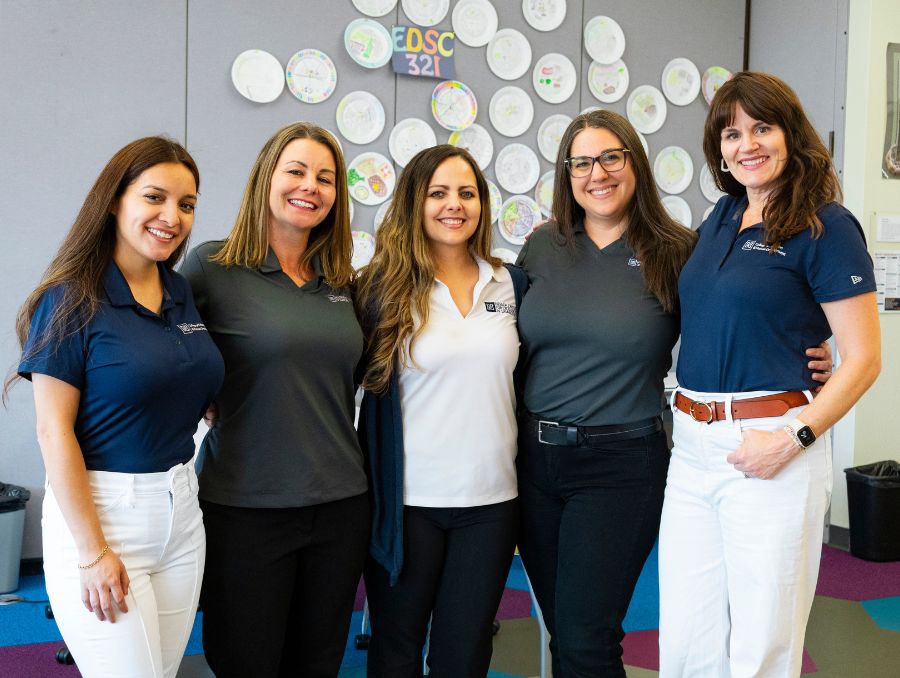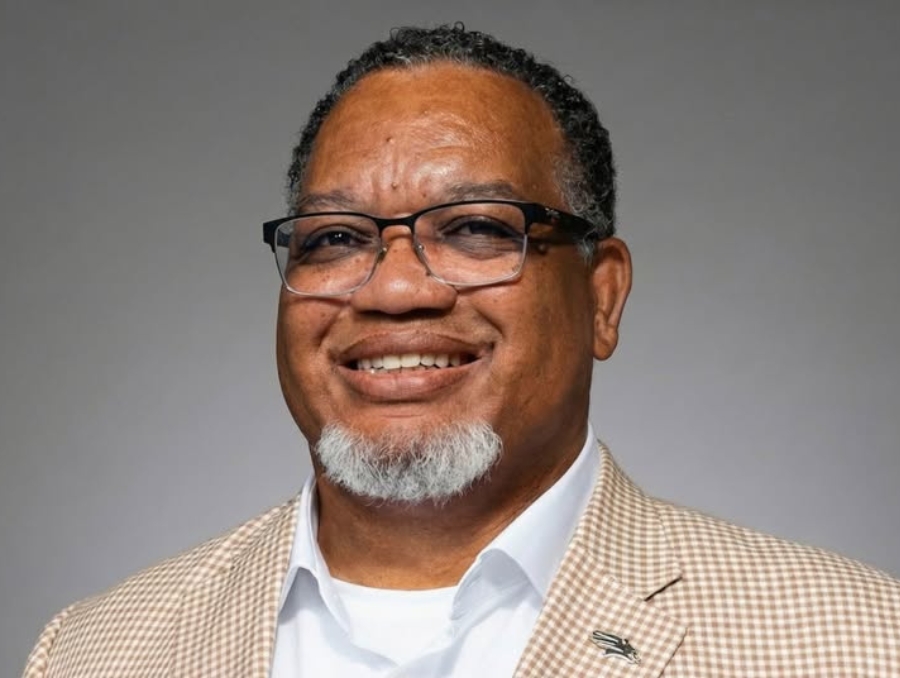The Nevada Multi-Tiered System of Support (MTSS) project, housed within the Nevada Center for Excellence in Disabilities at the College of Education & Human Development, received a $6 million award through the Nevada Department of Education.
“MTSS matters for Nevada schools because it gives educators a clear, evidence-based framework for supporting students before problems escalate,” Christy McGill, deputy superintendent of the Nevada Department of Education, said. “When our local schools implement MTSS with fidelity, we see stronger academic outcomes, fewer behavioral challenges and a more positive climate for teaching and learning. It’s a way to help both students and educators be successful.”
Across the 12 school districts in Nevada that are implementing MTSS, tangible benefits have been observed, including increased student attendance, higher proficiency in Math and English Language Arts (ELA) and reductions in behavioral incidents such as bullying, violence, substance abuse and discrimination. Districts have also made significant progress in opioid abuse prevention, with many reporting marked improvements in addressing this urgent concern.
The project is led by Ashley Greenwald, Ph.D., BCBA-D, LBA, director of the Nevada Positive Behavior Interventions and Supports (PBIS) Technical Assistance Center, and Kaci Fleetwood, M.Ed., BCBA, LBA, MTSS, state coordinator. The initiative operates in close partnership with the Nevada Department of Education to ensure that schools have the training, resources and support needed to achieve lasting success for their students.
“This new funding represents a critical resource in facilitating the transition from federal to state support,” Greenwald said. “The state’s investment in MTSS reflects both a growing commitment to sustaining evidence-based practices and recognition of the quality and impact of our team’s work in partnership with districts. This allocation serves as a testament to the effectiveness of our collective implementation efforts and will enable the continuation of ongoing initiatives while also supporting the expansion of MTSS into additional schools and districts.”
















